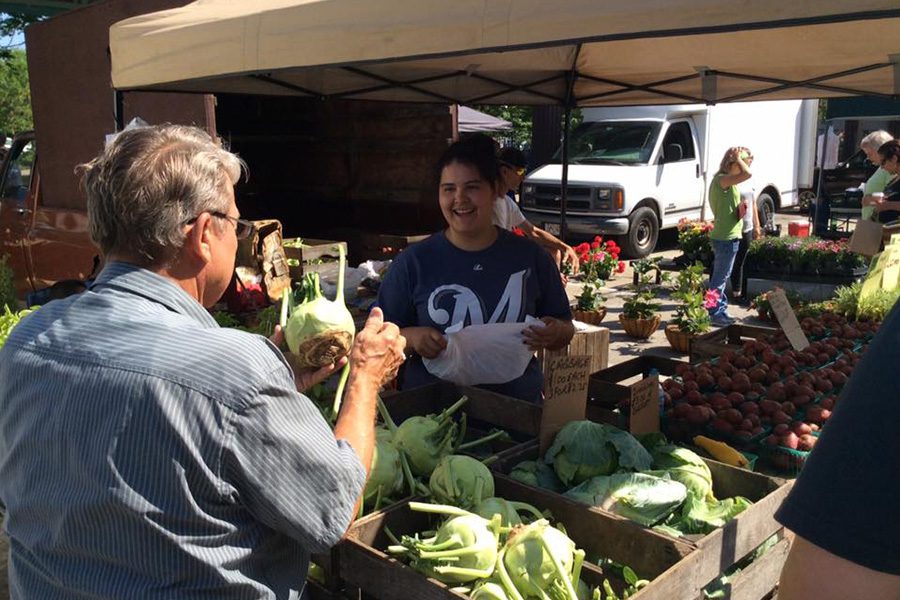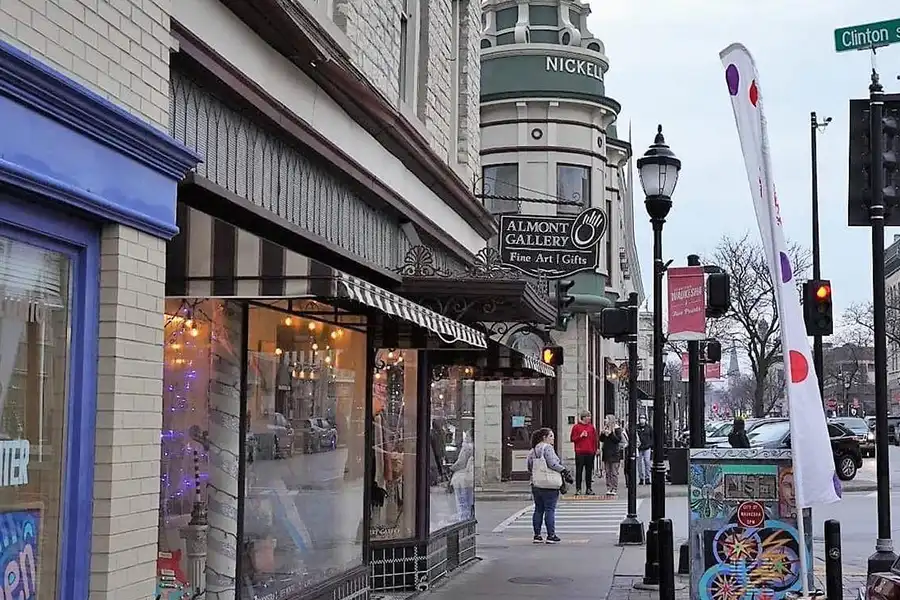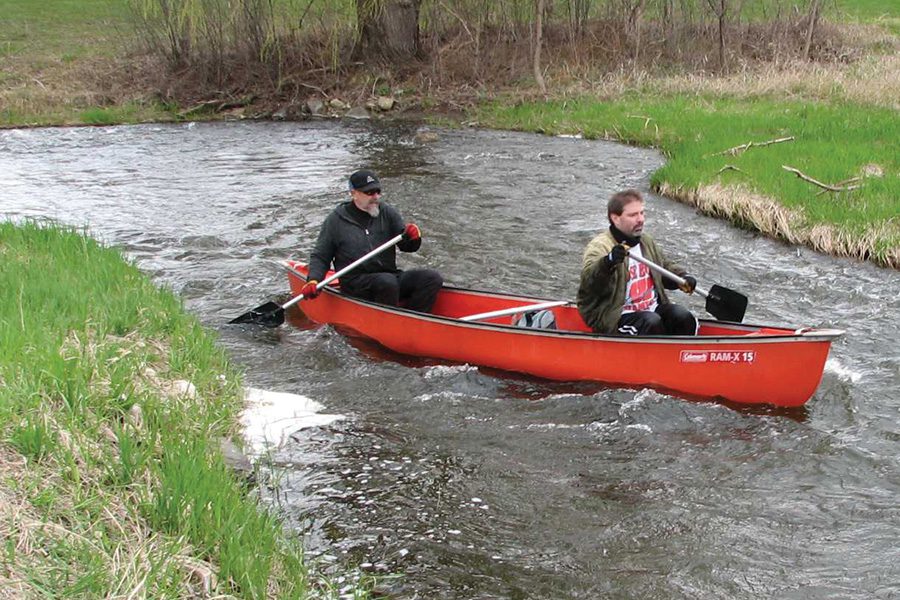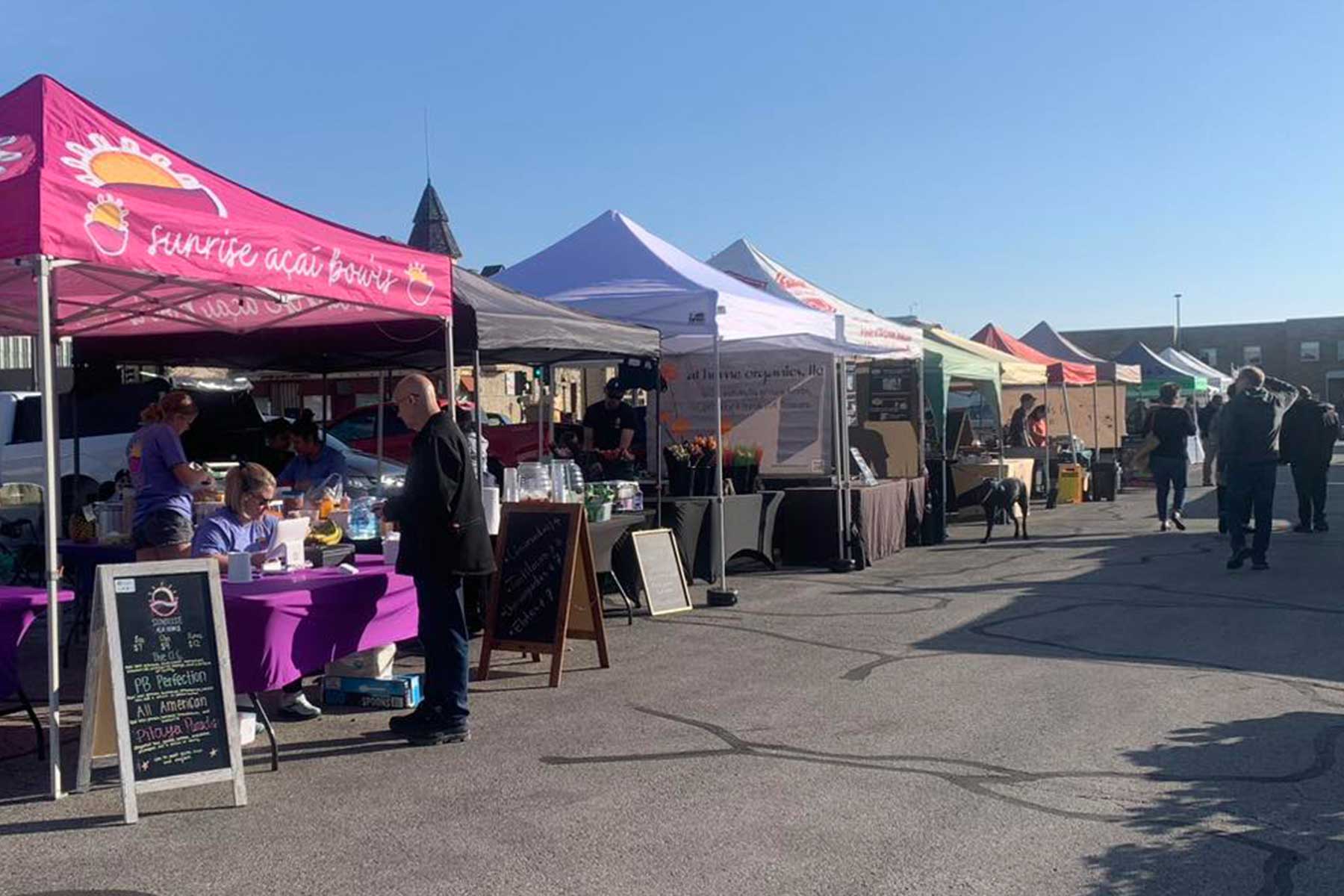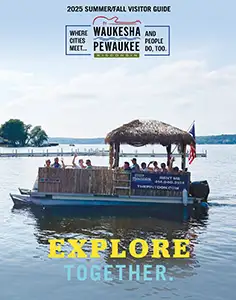ExplorE
TOGETHEr.
WHERE CITIES MEET... AND PEOPLE DO, TOO
There’s so much to explore in Waukesha Pewaukee. No matter what brings you to Southeast Wisconsin, let us help you make the most of your visit! Spend a day at the lake, kayak down a tranquil river, explore downtown boutiques, experience the unique Guitar Town walking tour, or find places to bike and hike. Plus, with easy access to I-94, we offer a convenient way for you to get where you need to go. Discover what makes Waukesha Pewaukee the place where people meet.
Family & Leisure
Explore Waukesha Pewaukee
There’s never a shortage of fun in Waukesha Pewaukee! Enjoy fun activities like Springs Water Park and other area indoor adventure parks. Plus great local dining and lodging options. Plan a visit for the whole family and start exploring!
Meeting planning
Plan your next meeting with our help
The Waukesha Pewaukee Convention and Visitors Bureau is your resource for meeting planning! From complimentary services to local recommendations, we’re here to iron out the details and make sure your meeting is one your attendees will enjoy.
